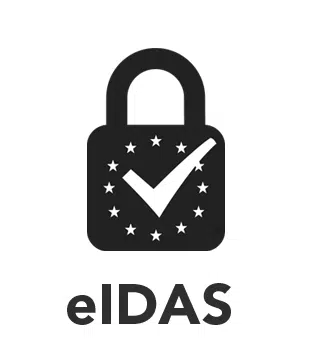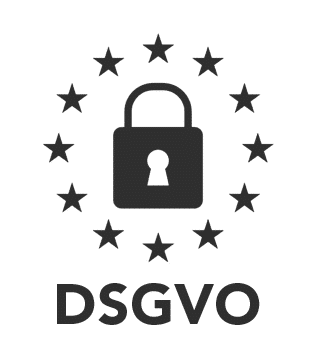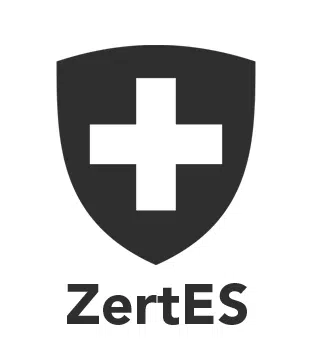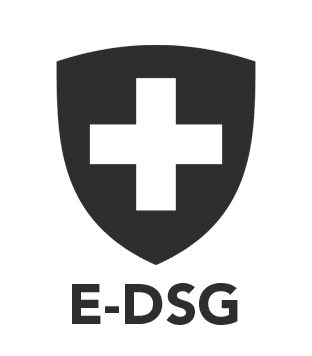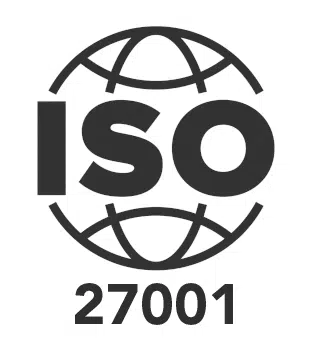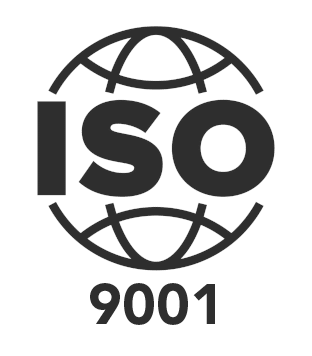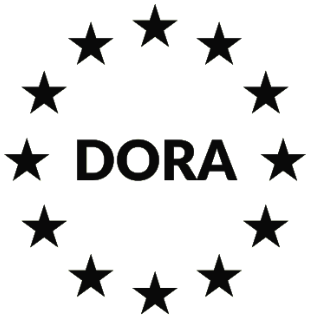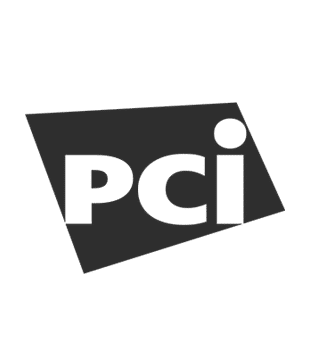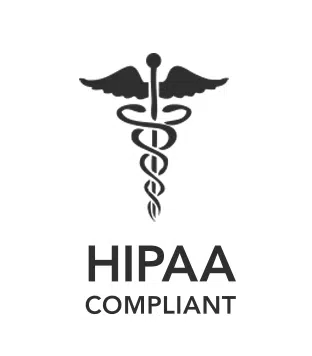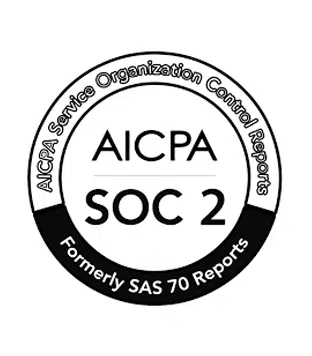
MOXIS puts on pressure.
One of the largest media houses in Austria relies on MOXIS. The Styria Media Group now works with electronic signatures throughout Austria. CEO Bernhard Kiener is enthusiastic about the simplicity and high integration capability of the product. He would “rather not think about how signature processes were set up before”.
Looking back, Bernhard Kiener can also take something positive from the challenges of the Corona period. “We saw in this difficult time for all Styrians that in the end it was uncomplicated to deal with the changes internally. Everyone did a great job there.” The Executive Board of the Styria Media Group is responsible for the entire technology area. In addition to the digitisation of internal processes, this also includes the digital marketplaces, lifestyle and sports clusters. With Corona, change management has become even more of a focus: “Willingness to change is the key to successful digitisation programs,” finds Bernhard Kiener.
The Styria Media Group is one of Austria’s largest media companies, with 3,000 employees and annual sales of 399 million euros (2020). Daily newspapers such as Die Presse and Kleine Zeitung are part of the portfolio. The online portal willhaben.at is exemplary for the Group’s e-commerce activities. The company, headquartered in Graz, is also present on the Eastern European market and publishes several high-circulation daily newspapers in Croatia and Slovenia.

»This is exactly what a product must look like that we can work with at Styria.«
Bernhard Kiener
Board member, Styria Media Group
Defending data integrity
One of the central issues for Executive Board member Kiener is the IT security. For managers, this means first and foremost that digital systems and services must run reliably and thus ensure the ability to act at all times. But this also includes security against possible external threats. “For us as an international media company, it is always important to defend the integrity of research and other confidential data records – so that no third party can gain access to them.
In recent years, Bernhard Kiener has been involved in the transition from analog signature processes to electronic signatures. “A qualified electronic signature is the little basics of IT security,” the Tech board member knows. For the Styria Media Group, the integration of electronic signatures into individual processes initially involved dealing with contracts. The trigger was the Human Resources division.
Starting with Human Resources
“Digital personnel files and employment contracts were Styria’s entry point into the project. The second field has imposed itself through Corona, namely the professional handling of home offices. There, as in the building at Gadollaplatz in Graz, decisions are made that require a signature. No matter where you are.” For Board Member Kiener, electronic signatures have become routine. “I no longer sign any contract by hand.”
In the past, individual examples had shown how tricky it can be to make decisions in the area of Human Resources instead of electronically signing employment contracts on the spot that are ready to be signed – especially when several parties involved have to provide their signatures on the document. “Like any modern business, we compete for the best workers. Unfortunately, we’ve had situations where we’ve lost talent because the ready-to-sign employment contract wasn’t in the right place at the best possible time.”
For Bernhard Kiener and his team, it was clear from the start that they wanted to work with qualified electronic signatures. This, too, tipped the scales in favor of MOXIS in the end. In decentralised situations, the weakness of individual analog processes becomes glaringly obvious. “Paper, post and pencil won’t get us very far there.” This has to be solved, as Kiener puts it, at a “proper professional level.” “That’s the case with MOXIS. That’s exactly what a product we can work with at Styria has to look like!” The solution orientation of XiTrust support has impressed the Styrian. “The support was really unique. We bought a hurdle-free solution with MOXIS: no additional software and hardware, no cards.”
Digitisation is not a purpose for itself
In the meantime, more than 350 digital identies for remote signature have been issued in-house by Styria’s internal registration officers. And, according to Kiener, no one had to “run to the passport office” to be equipped with these digital identities. The fact that MOXIS can be easily rolled out to other processes and business areas was another strong argument. The plan is to extend MOXIS to all areas in the company – wherever signatures are needed to secure the ability to act and to expand the individual business areas. In Austria as well as in the foreign subsidiaries. This includes supplier contracts as well as other agreements with external third parties.
For the future, the Styria Media Group can imagine using the electronic signature with MOXIS also in the exciting environment of B2B2C. As an example, Bernhard Kiener mentions a car purchase on the portal willhaben.at. “There, with the support of electronic signatures, I can offer everything from a single source: Purchase contracts, registration, insurance.” While such models are still dreams of the future, digitisation is never an end in itself for Bernhard Kiener, but takes place within a clearly formulated framework. “Digitisation has to make sense and move our business forward.” According to the media man, paperlessness is not a goal in principle, especially for the publishing house. “The newspaper business is a crucial backbone of our company and it is traditionally paper-based. There is no reason to take away someone’s beloved Sunday paper.“
Christoph Schomberg, Senior Editor at XiTrust
